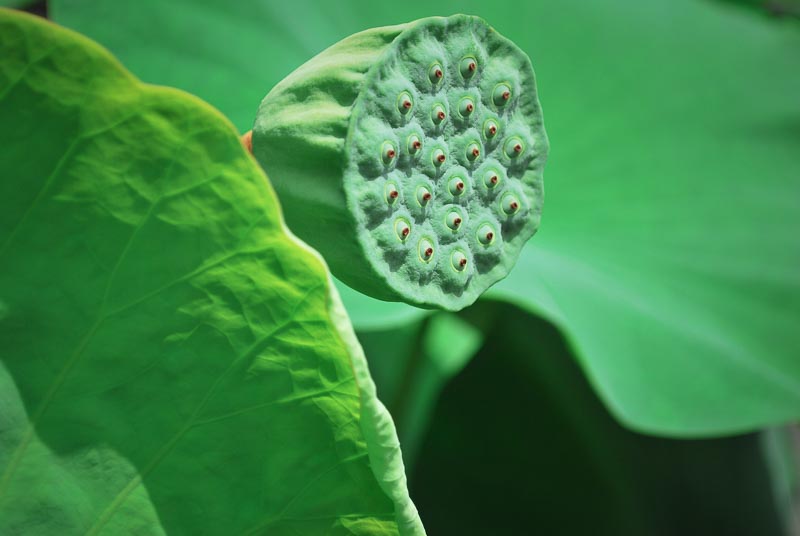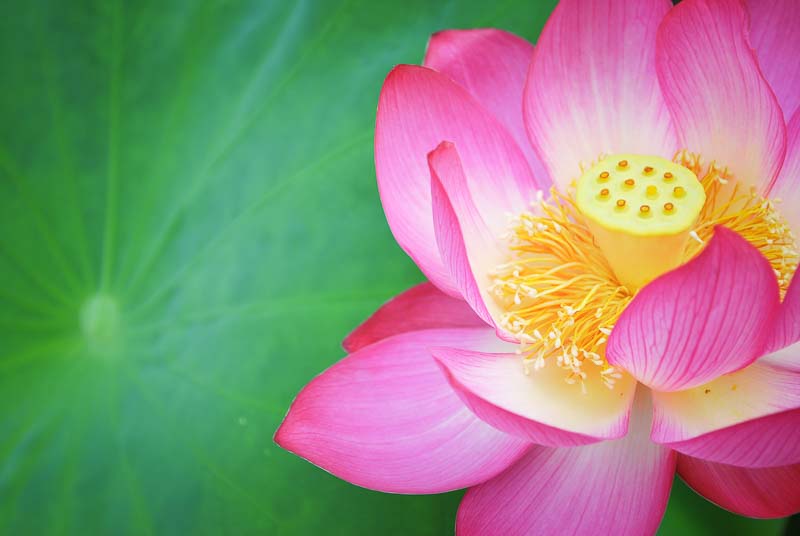 问:如何才是究竟修行的方法?
问:如何才是究竟修行的方法?
师答:怎么样才是究竟修行?这个事情很不容易。因为圣开还未到究竟,所以要叫我讲个究竟法,我说不出来。但是我知道有一条路可以走,只有一个字,这个字就是“舍”。你从现在开始舍,一直舍,一直舍,舍到成佛,连佛也舍,把佛都舍了,应该是究竟了吧!
 问:如何才是究竟修行的方法?
问:如何才是究竟修行的方法?
师答:怎么样才是究竟修行?这个事情很不容易。因为圣开还未到究竟,所以要叫我讲个究竟法,我说不出来。但是我知道有一条路可以走,只有一个字,这个字就是“舍”。你从现在开始舍,一直舍,一直舍,舍到成佛,连佛也舍,把佛都舍了,应该是究竟了吧!
 问:要用什么方法才能够让我的先生、家翁(公公)和我同心向佛?
问:要用什么方法才能够让我的先生、家翁(公公)和我同心向佛?
师答:要用什么方法才能使你的公公和先生同一条心跟你来拜佛?学佛修行,好好的做一个佛教徒,把佛教的道理运用在生活中,你不可以说我是佛教徒,别人不信佛就是迷信啊,又是怎么样……不能够批评他。假使你批评他,就得到反效果。说你学什么佛啊,嘴巴都常常乱讲话。
你做人家的媳妇,你对公公很孝顺,处处都能做到你为人子媳之道,你就能度你公公。你只要安分守己尽到妻子的本分,那你就能度你的丈夫。
 问:请示师父,在学佛的过程中,我应当以哪一种心来对待外道?
问:请示师父,在学佛的过程中,我应当以哪一种心来对待外道?
师答:学佛修行,没有敌人,就是外道也不能说是敌人。对于任何人,要以慈悲心、平等心和至诚心;假使一个佛教徒还要有心来对付外道,就不叫佛教徒了。
过去有七尊佛都共同讲了一首偈,叫做“七佛通偈”,就是:“诸恶莫作,众善奉行,自净其意,是诸佛教。”这四句话,你只要一切坏事不做,一切好事尽量去做,“自净其意”,连自己的心意都把它净化,就是佛教。假使你不净化自己的心意,还要以什么心来对付外道,那你自己就已经是外道了。
所谓“外道”,即心外求道,叫做外道。有时候再加上“邪魔”二字,就是说,不但在心外求道,而且他的心很邪,还要对别的宗教制造魔障,叫“邪魔外道”。所以如果只讲“外道”这两个字,并不是骂人的话,是一句很好的称呼。
世间的宗教,唯有佛教才是往内心求道的宗教,其它的宗教不知道这个办法,只是心外求道,因此叫做外道。
 问:学佛的人如何在临命终时,很快就能得到解脱,往生佛国净土?
问:学佛的人如何在临命终时,很快就能得到解脱,往生佛国净土?
师答:临命终时,要怎么样才能得到解脱,往生佛国净土?这个问题,说大很大,说简单也很简单。你想临命终时,要如何才能解脱,往生佛国?你只要在这个世界上,经常保持无生法忍,就能解脱。然后你智慧光明生起来,跟十方佛国诸佛相应的话,你往十方佛国,都可以去。这个简单法门,你能做得到就不错,但就是做不到,不但做不到,你还不相信。